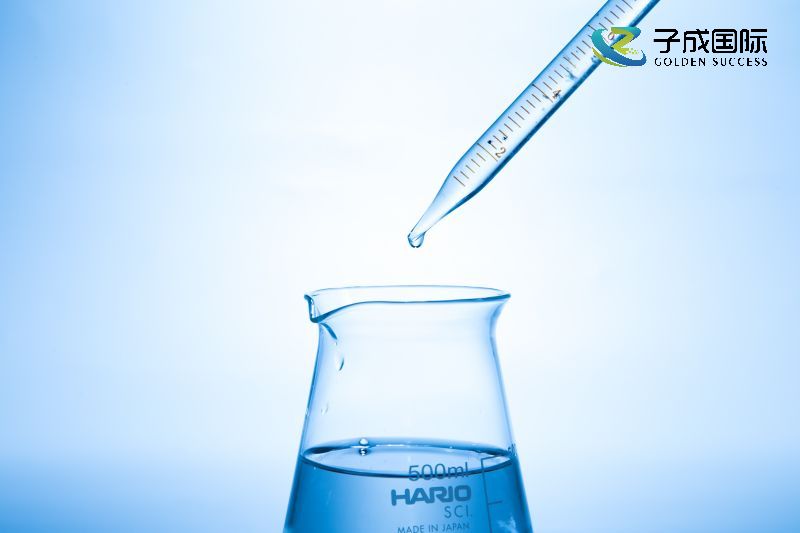Environmentally friendly wetting agents typically use biobased materials or chemical substances designed to be biodegradable. This means that after use, they can be decomposed by microorganisms in nature, thereby reducing long-term pollution to the environment. This is in stark contrast to traditional products (which may contain difficult to degrade chemical components), which can accumulate in the environment and have long-term negative impacts on ecosystems.

VOCs are common harmful emissions in many coatings, cleaning agents, and other chemical products, posing a threat to air quality and human health. Environmentally friendly wetting agents are typically designed as low VOC or zero VOC products to reduce VOC emissions during use and storage, which is beneficial for improving indoor and outdoor air quality.
Environmentally friendly wetting agents will strictly control their chemical composition in the design and production process to reduce their toxicity to the human body. This means that the health risks for workers and consumers are greatly reduced during the production, transportation, use, and disposal processes. In contrast, traditional products may contain harmful chemicals such as heavy metals, benzene derivatives, etc., which pose a potential threat to human health.
Due to the biodegradability and low toxicity of environmentally friendly wetting agents, their use can reduce pollution to water bodies, soil, and air. This helps to protect ecosystem balance, maintain biodiversity, and safeguard the living environment for humans and other organisms.
The use of environmentally friendly wetting agents is an important step in promoting the transformation of industry towards green and sustainable development. They not only reduce the negative impact on the environment, but also promote resource conservation and recycling. This is in line with the goals and trends of global sustainable development, and helps to build a more environmentally friendly and healthy Earth home.
In summary, environmentally friendly wetting agents have significant environmental advantages compared to traditional products and are an important direction for future industrial development and application.

 English
English
 Chinese
Chinese Vietnamese
Vietnamese
 HOME
HOME
 PRODUCT
PRODUCT
 NEWS
NEWS
 CONTACT
CONTACT


